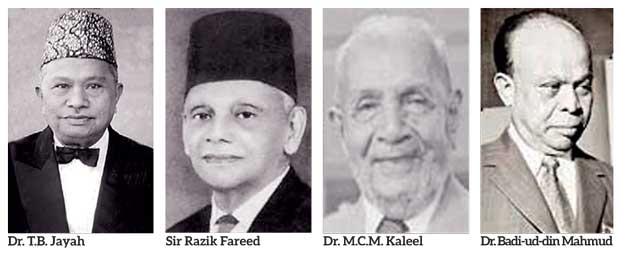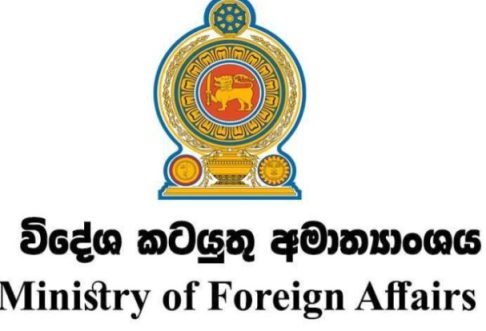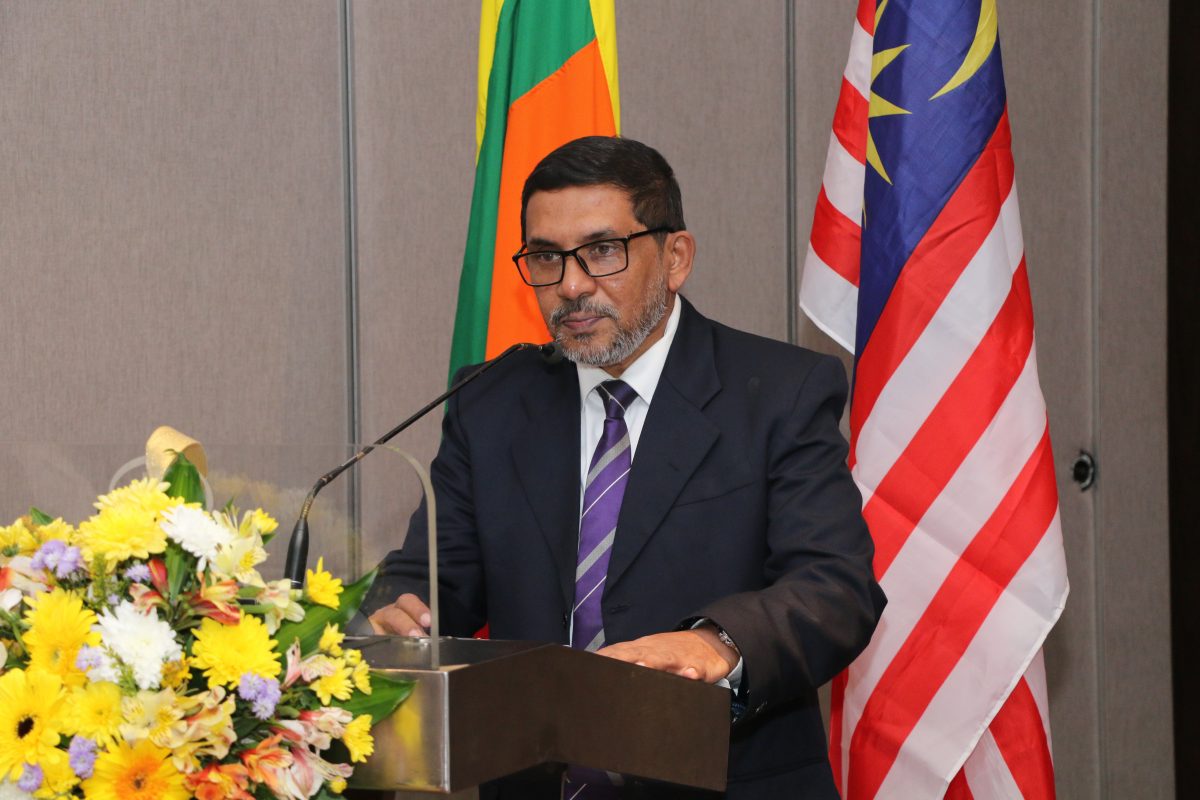
18 August 2011, Colombo, Sri Lanka – According to a new survey conducted by Social Indicator, the survey research unit of the Centre for Policy Alternatives, Sri Lankans are divided in opinion on the topic of reconciliation – about whether the government has done enough with regard to addressing the root causes of the conflict.
Download the top line report here. Download Sinhala Press Release here. Download Press Release in Tamil here.
32.3% of people from the Tamil community have stated that the government has done nothing while 41.1% of people from the Sinhala community have said that the government has done a lot. 44% from the Up Country Tamil community and 52% from the Muslim community believe that the government has done a little, but not enough in addressing the root causes of the conflict.
The survey, ‘Democracy in post-war Sri Lanka’ sought to record public perspectives on democracy in Sri Lanka today – what it means to people, how they participate in it, their perceptions of and confidence in governance frameworks and key institutions. Some of the key sections in the survey include economy and security, views on and consumption patterns of Sri Lankan media, perceptions about politics, assessment of freedom, assessment of political leaders, government performance, corruption and development.
The survey, carried out in all 25 districts of the country, interviewed 1993 people from the four main ethnic groups. The selection of respondents was random across the country except in certain areas where access was difficult. Fieldwork was conducted from March to June 2011.
With regard to a political solution for Sri Lanka’s ethnic issue, 29.7% of Sinhala, 59.1% of Tamil, 30.8% of Up Country Tamil and 53.5% of Muslim communities think that the Constitution should be changed based on recommendations made by an all party committee to produce a political solution to the country’s ethnic problem. However, 17.6% Sinhala, 4% Tamil, 11.1% Up Country Tamil and 14.2% Muslim communities said that there is no need for a political solution as the LTTE was completely defeated militarily.
People from all four communities are united in opinion about what they would like to see from the current development process, with a reduction in the cost of living being the top priority for all. For the Sinhala community, improved infrastructure is the second result they would like to see from the current development process while for the other three communities it is addressing unemployment and the creation of more jobs.
65% of Sri Lankans, mostly from the Sinhala community, do not think that corruption can be ignored even if the country is developing apace. Furthermore, it is among the police that most respondents from all four communities believe that corruption is most prevalent.
In their assessment of the economy, most of the respondents from all four communities believe that the government is doing a good job. However, 26.2% of Sinhala, 24% of Tamil, 18.4% of Up Country Tamil and 29.2% of the Muslim respondents said that the government has not been doing a good job in managing the economy.
10.7% of Sri Lankans said that the general economic situation in the country has got a lot better while 38% said that it has got a little better. However, 19.7% said that it has got a little worse while 16% said it has got a lot worse. It appears that when it comes to the financial situation at the household level, for most people it has not got better in the past two years. Only 3.7% of Sri Lankans believe it has got a lot better, while 27% said it has only got a little better. 58.3% of Up Country Tamil respondents said that the financial situation in their households has a got a lot worse in the past two years.
Attachments:
- TAMIL- Democracy survey PR Final
- Sinhala PR – Democracy Survey
- Democracy in Post War SL – Top Line Report
| |||||
| |||||
Post Disclaimer | Support Us
Support Us
The sailanmuslim.com web site entirely supported by individual donors and well wishers. If you regularly visit this site and wish to show your appreciation, or if you wish to see further development of sailanmuslim.com, please donate us
IMPORTANT : All content hosted on sailanmuslim.com is solely for non-commercial purposes and with the permission of original copyright holders. Any other use of the hosted content, such as for financial gain, requires express approval from the copyright owners.
 Sri lanka Muslims Web Portal Sri Lanka Muslims News Center
Sri lanka Muslims Web Portal Sri Lanka Muslims News Center
 Donate
Donate


